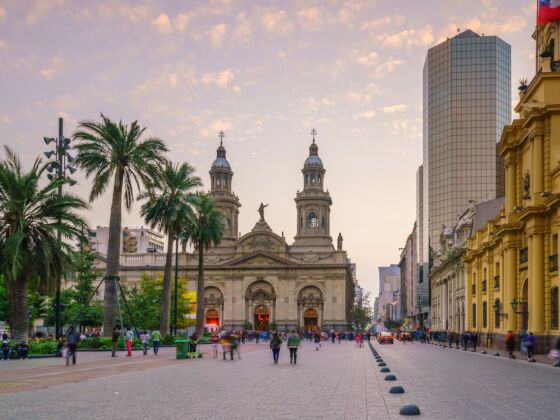1. Most people don’t want to talk to you about the dictatorship.
I quickly learned that among certain groups of Chileans I was to observe the same decorum I learned from my mom’s Southern, WASPy brood — limit small talk to inoffensive topics like shopping and the weather. The dictatorship is another vortex of awkward messiness you probably shouldn’t enter into, unless you’re hanging with some real subversives, in which case knowledge of Pinochet will win you the coolness lottery.
